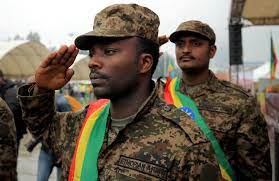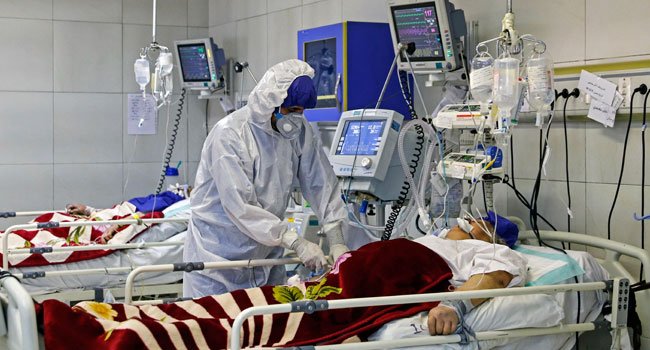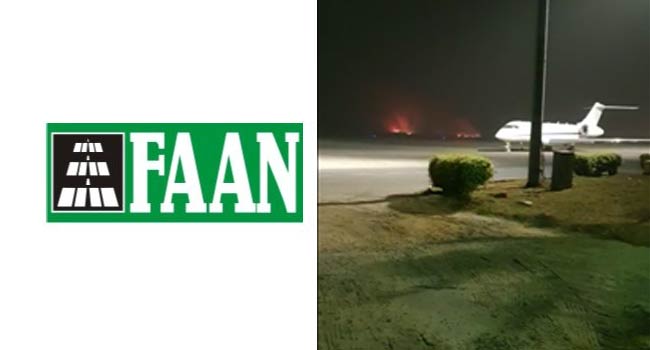Tales of civilian suffering are leading Ethiopian civilians to take up arms against rebels in Tigray
Responding to a mobilization call by Prime Minister Abiy Ahmed, some new recruits say they are eager to get to the front. “People are being displaced from their homes, including children and elderly people. When you see this, it motivates you to go and fight.” one of the new recruits said on Tuesday at his graduation.
“What initiated us to join the war is the atrocities that have been committed. When you take the massacre in Mai Kadra, the attack on the northern command, and the killings in Kobo and Afar, these are heinous and alarming. We want to eliminate this junta (TPLF).” he explained.
Early in the month of August, Prime Minister Abiy Ahmed called on “all able-bodied Ethiopians” to join the armed forces, as the nine-month conflict in Tigray has spread in recent weeks to two neighbouring regions in the north of the country.
“It is now time for all able-bodied Ethiopians to join the defence forces, special forces and militias and show their patriotism,” the prime minister’s office said in a statement, less than two months after declaring a ceasefire.
The conflict in Tigray has seen a dramatic turnaround since late June.
The fighting began in November after Prime Minister Abiy Ahmed sent the federal army into Tigray to remove the regional authorities, which had emerged from the Tigray People’s Liberation Front (TPLF). According to the 2019 Nobel Peace Prize winner, the operation was in response to attacks on federal army camps ordered by the TPLF.
It declared victory in late November after the capture of the regional capital Mekele.
But on June 28, pro-TPLF rebel forces recaptured Mekele and then much of Tigray.
After a ceasefire declared by Abiy Ahmed – officially for humanitarian reasons – and the withdrawal of Ethiopian soldiers, tigrayan forces continued their offensive towards the neighbouring regions of Amhara in the south and Afar in the east.
In its statement, the Prime Minister’s office announced that the security forces were now “instructed to put an end once and for all to the destruction wrought by the treacherous and terrorist TPLF organization and foreign machinations.
– Civilians killed in Afar –
On Tuesday, a hospital official in Afar told AFP that at least 12 civilians were killed and dozens wounded on August 5 in the locality of Galicoma.
According to Dr. Abubeker Mahammud, director of the referral hospital in the town of Dubti, the survivors claim they were targeted by TPLF fighters.
Regional officials in Afar have put the death toll at at least 200, but this has not been independently verified.
Ayish Yasin, head of the regional government’s office for women and children, told AFP that “200 bodies of civilians have been found (…) and more than 48 are still missing”. “Of the 200 bodies, 107 are children,” she added.
According to Ms. Ayish, they are civilians who sought refuge in a place where food aid was stored, killed by artillery fire and buried immediately.
Questioned by AFP, a spokesman for the UN children’s agency (Unicef) said Tuesday that it had “received credible information from partners about the attacks last Thursday in a camp for displaced persons” in Afar. He added that a mission composed of UN agencies is planning to go there “as soon as the security situation allows it”.
The day before, UNICEF Executive Director Henrietta Fore said she was “extremely alarmed by the alleged killing of more than 200 people, including more than 100 children, in attacks on displaced families.
– Humanitarian access –
According to the authorities, this attack proves the TPLF’s warmongering and its disregard for the catastrophic humanitarian situation in northern Ethiopia.
TPLF spokesman Getachew Reda said on Twitter that government troops had “launched an offensive on August 5 against (its) forces in Galicoma. The TPLF “will work with relevant bodies to investigate any incident,” he added.
Humanitarian aid is still struggling to arrive as the UN estimates that some 400,000 people are living in famine conditions in Tigray and 300,000 people are facing “emergency levels” of food in Afar and Amhara.
The United Nations High Commissioner for Refugees (UNHCR) announced Tuesday that it had gained access for the first time since July 13 to the Mai Aini and Adi Harush camps, which are hosting Eritrean refugees in Tigray. But this access “remains limited due to the complex and unstable security situation,” according to UNHCR spokesman Boris Cheshirkov.
The TPLF regularly repeats that it does not want to seize territory in Amhara and Afar, but that it wants to facilitate access for humanitarian aid in the region



